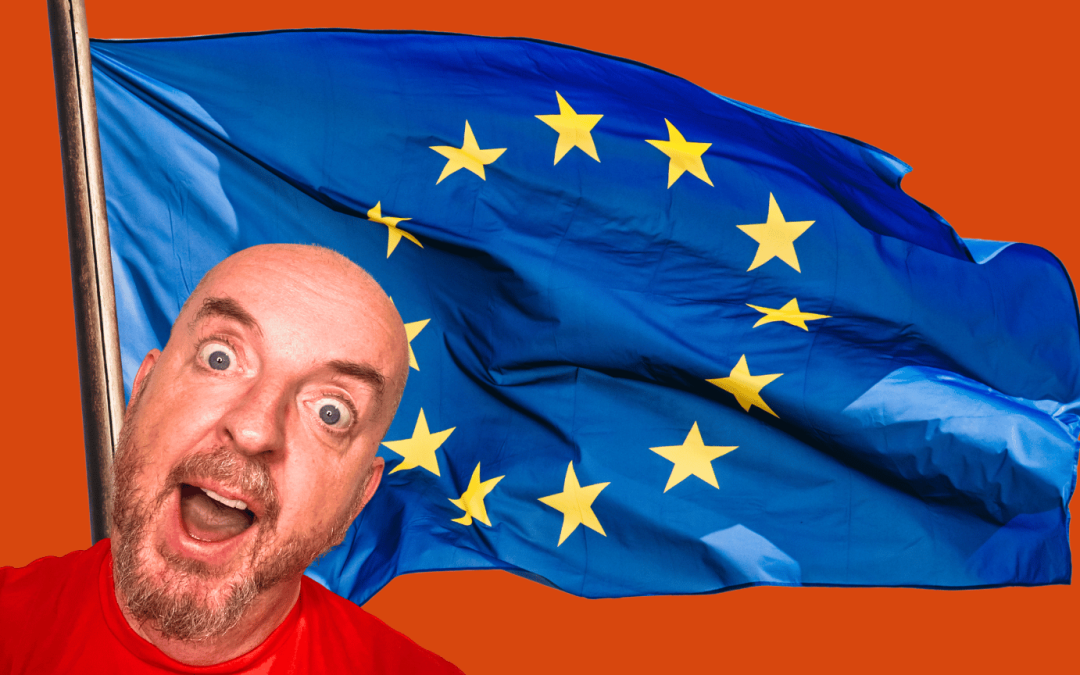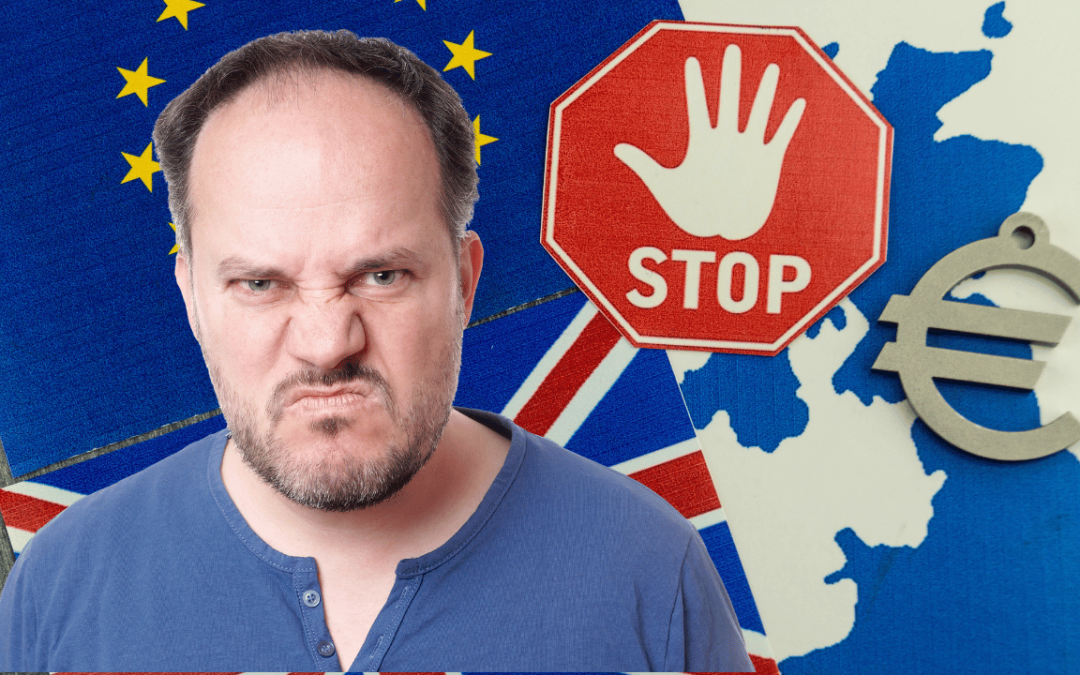As the spouse or partner or close family member of an EU citizen you are entitled to get residency in Spain on the back of their residency. Find out how to do it and what documents you need.
Prefer to watch the video? Click the picture below.
So you’re the family member of an EU citizen and want to live with them in Spain?
Great! I’m going to present to you the official information provided by specialists and fact checked with government websites so you can find out how to become a resident of this wonderful country, then I’ll tell you what documents you need.
Is this the family reunification visa we’re talking about?
No, that’s a very different thing. That’s only if a non-EU citizen has been resident in Spain for a while and wants their family member to come and live with them. HERE is a link to the video I made about that and HERE is the relevant government webpage.
So what are we talking about then?
We’re looking at what to do when an EU citizen moves to Spain with their family member or members. In THIS video I ran through the first part of the process of registering your intent to live here if you’re an EU citizen, and now we’re going to find out how to apply on the back of that residency for the family members. Some people call it piggybacking. This kind of residency is possible because the laws of the European Union allow it.
Where do I apply?
At the immigration office in the province you reside.
What are the requirements?
Firstly you need proof of residence of the EU citizen, which could be their DNI card if they’re Spanish, or their EU residency card if they’re not. You’ll also need their passport.
Then you need proof that you’re the family member of that EU citizen, which could be a birth certificate or marriage certificate.

Yes there are some variations here depending on your individual circumstances. Let’s go through them first before we find out what else you need.
Legal partners
You’ll need to show a marriage certificate or certificate of civil partnership
Non-married partners
You’ll need proof of your stable, long term relationship, which could be the pareja de hecho, joint bank statements, joint mortgage statements or other official documents like the birth certificates of your children, where appropriate
Children & Grandchildren
You’ll need proof that they are under 21
Parents & Grandparents
You’ll need proof of your status as a dependent family member
Other family members
You’ll need proof of the family relationship and, where appropriate, the existence of serious health or incapacity grounds, or of cohabitation
What about translations and Apostilles?
As with all documents from official organisations abroad, like birth & marriage certificates, these will need to have an apostille stamp or the equivalent of that in your home country, and if they’re not in Spanish, they’ll need to be translated by an officially recognised Spanish translator.

What other documents do you need?
Number 1, Your passport!
This needs to be valid. If it’s expired and you’re in the process of renewing it, then you must provide proof of the renewal request, and a copy of the passport.
Number 2 – Three photographs
Make sure they’re the official size and requirements
Number 3 – Payment of the fee
This is only about €10 at the moment
Number 4 – The application form
This is called the modelo EX-19, make sure you have two signed and filled in copies.
Number 5 – A Padrón certificate
This is your official proof of address and it needs to be less than three months old. You should already have one of these because the EU citizen would have needed it to register too.
Number 6 – Healthcare cover and Employment – it depends!
Yes the documents you need will depend on whether you or your EU citizen partner or both of you will be working. Let’s look at the alternatives.
If the EU member is working
Then you will have to show their work contract or certificate of employment from the employer, with their tax identification and proof of Social Security affiliation. This gives them and their family members access to state healthcare.
If the EU member is self-employed
You’ll need to show proof of their Social Security documents, which again will provide healthcare cover for all of you.
If only the non-EU citizen is working
You’ll need to show your work contract and Social Security affiliation.
If neither of you will be working
In this and all other cases, you’ll need proof of sufficient means to show you can sustain yourselves economically.

It does, there are variations on these variations, if your situation brings up a red flag you may need to consult a specialist to guide you.
Do I need to make copies of anything?
I always say it’s worth having copies of your documents, it’s better to have too much than too little, and the better prepared you are with your case file, the more favourable the outcome will be. Get your ducks in a row!
How long will it take to process my application?
The authorities say if you’re successful you’ll have your foreigners identity card (TIE) within three months, although experience tells us it’s usually 30-45 days.
How long does the residency last?
Unlike people who arrive in Spain on, for example, the Non Lucrative Visa, family members of EU citizens don’t have to renew their residency every year or two in the first five years, and when their TIE card expires after those five years they can apply to be a permanent resident.
What happens if the EU partner dies?
Any non-EU family members granted residency maintain their rights to residency on the death of the EU national, and they can still apply for permanent residency after five years.
What happens if you get divorced?

The non-EU citizen will keep their residency rights if they comply with one of the following requirements
Number 1
Your relationship had lasted at least three years before the divorce process began, and at least one of those years was spent in Spain
Number 2
If you are granted custody of the child or children you had with the EU citizen
Number 3
If you were a legally proven victim of domestic violence with the EU national
Number 4
If you are granted custody rights to your children who reside in Spain
And can you still get permanent residency?
Yes, you’ll get a new residency card without the name of the EU citizen you applied with.
If you have any questions, ask in the comments below so that the answers can help everyone else too.

Peace & Love! Peas & Fluff! Let’s Dance!
Article by Skatz
Handy links:
EU Directive on work and travel rights of EU citizens
Official Spanish state bulletin on the Foreigner’s card regulations












0 Comments